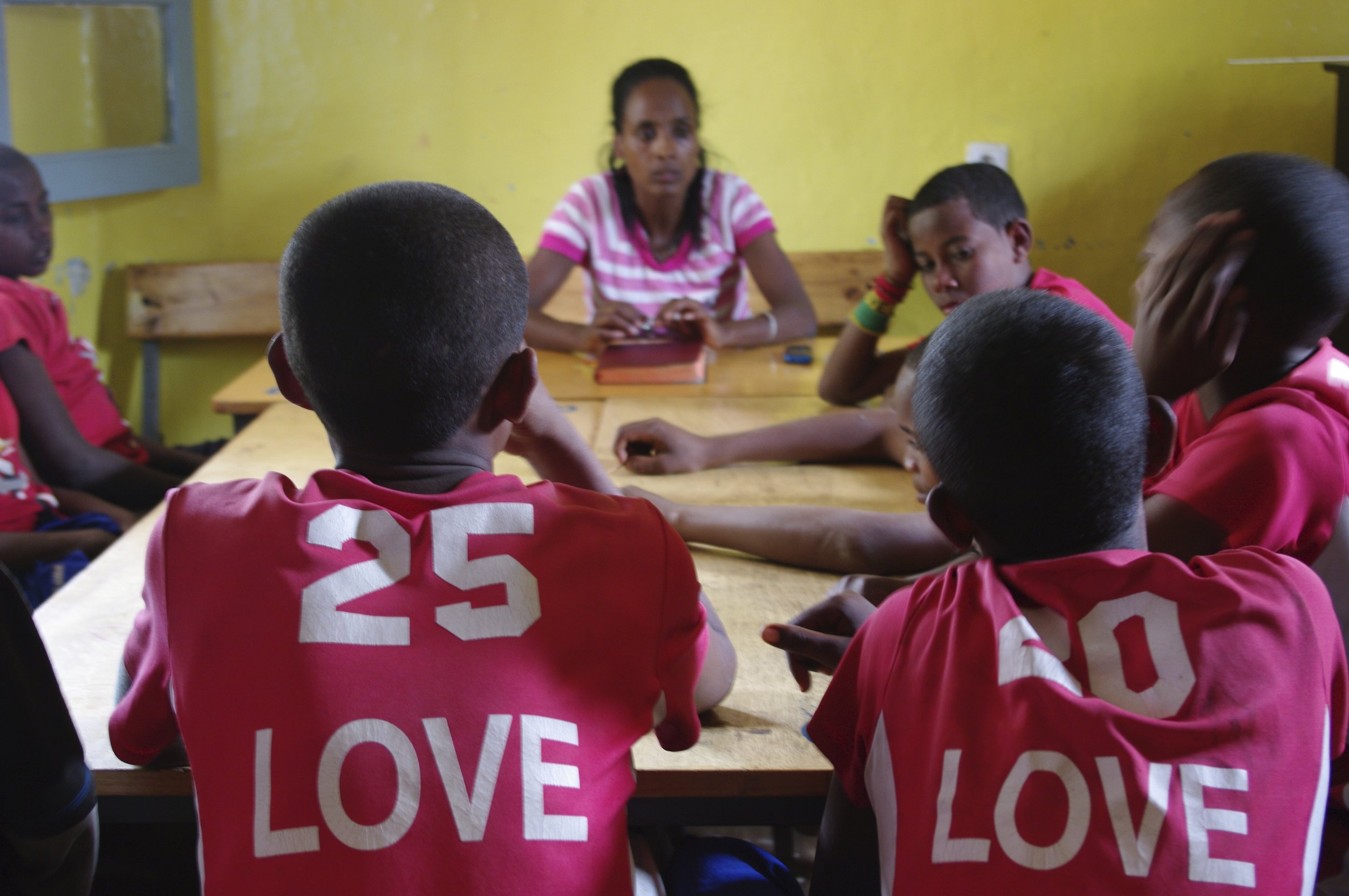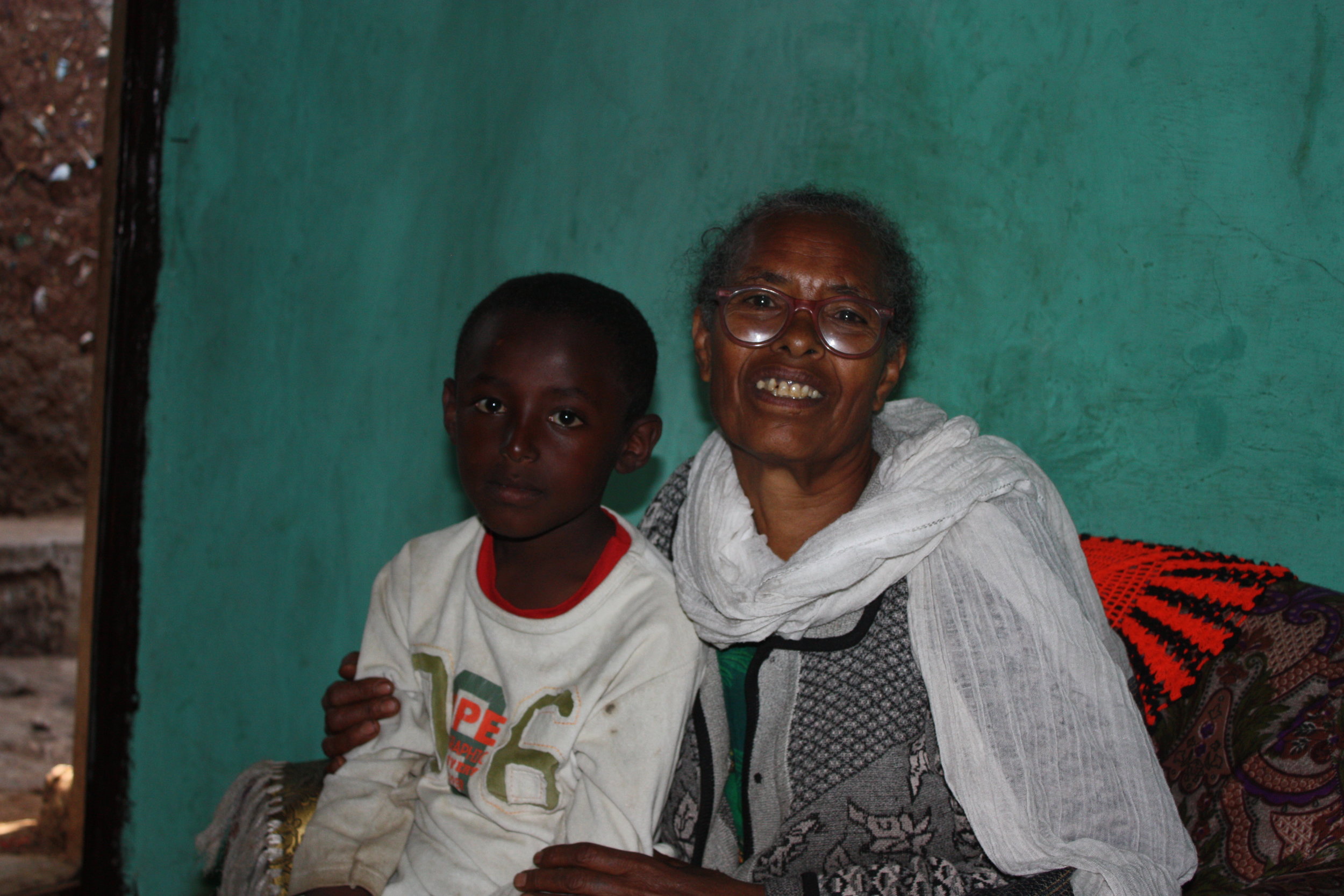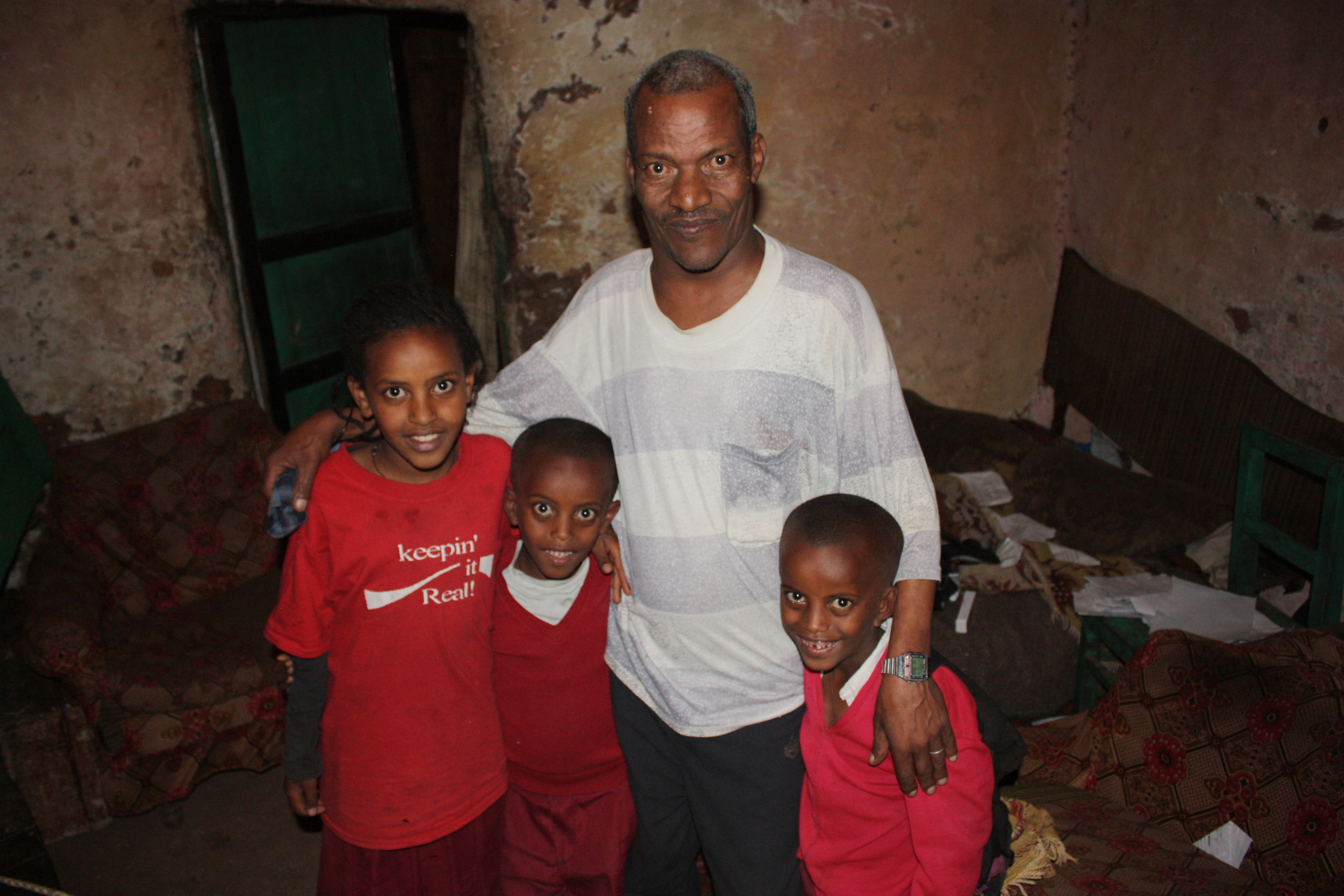By Rachael Burnett

Adoption. This one little word evokes a million different images, emotions, and opinions. There are many forms of adoption, many reasons why a child may be “up for adoption,” and many factors that influence one’s choice to adopt. However, woven subtly—or not so subtly—through all these various dynamics is one thread: permanency.
Regardless of the factors influencing her choice to make an adoption plan for her child, the overarching reason a mother chooses adoption for her baby is that she wants her child to experience the permanent security of a loving home and family. Likewise, couples who choose to adopt children desire that same experience of permanent relationship within a loving family.
We all desire—I daresay need—permanency: that knowledge that we are not just loved and cared for, but that we are loved and cared for unconditionally and infinitely. That kind of knowledge brings gut-settling peace.
Ultimately, that permanent peace is experienced spiritually through what Jesus accomplished for us on the cross when He endured the wrath of God for our depravity to make the way for us once again to be rightly related to Him—adopted forever as His sons and daughters (Galatians 4:4-7). So if you’ve recognized your sin and brokenness, accepted Christ’s offer of adoption through His redemptive blood making Him your Master, then you’ve got that assurance of His unconditional, infinite love.
But do you, like me, sometimes need to be reminded of this remarkable truth? The Lord himself says, “I have loved you with an everlasting love; therefore with loving-kindness have I drawn you and continued My faithfulness to you” (Jeremiah 31:3 AMP). He sought you, drew you, and loves you with His incomparable, everlasting, faithful love; you are permanently His.
But what about experiencing that permanency in our physical lives? Does God care about us experiencing that sense of permanence in the every-day skin and breath right now? If he didn’t, I don’t think he would have created Eve for Adam or established the concept of “‘till death do us part” marriage and family (see Genesis 2). He even sent His only son to be born and raised in a stable home with loving parents (See Luke 2). Furthermore, God himself epitomizes this idea of relationship and permanency—He has always and will continue existing in perfect unity as Father, Son, and Holy Spirit for all eternity. So yes, God, as our loving Father, does care that people experience real, lasting connection and belonging in this life.
But what happens when people—children—are denied this sense of permanency? When girls and boys are forced to make their lives in the streets where the only thing permanent is the deep ache of hunger, loneliness, and despair? Who is there to be the glue that fills in that gap, binding up the wounds, pointing to the Everlasting Father who desires to adopt them permanently and teach them what it means to truly live with a joy and purpose nothing and no one can steal?
Thankfully, God is using The Forsaken Children's Ethiopian team, led by Nega Meaza, to be that glue—that link which is essential in grafting precious street children back into their families or other stable Ethiopian homes, equipping them with education and life skills, while teaching them about the One who loves them unconditionally and endlessly.
 |
 |
 |
This vital work needs a permanent facility on the ground in Ethiopia in order to be most effective and make a difference in the lives of more street children. This facility will provide a safe-haven for the children to escape the dangers of the street and experience the nurturing that their bodies and souls so desperately need. Your partnership with TFC is needed. Won’t you be one to stand in the gap with lasting hope for ones like Metu and Desse and Adam?
God’s love hems us in on all sides at all times forever; and He wants us to be His hands extending that adoptive thread to those whose hope is thin. Let’s count it a privilege.
Galatians 4:4-7 (The Message)
But when the time arrived that was set by God the Father, God sent his Son, born among us of a woman, born under the conditions of the law so that he might redeem those of us who have been kidnapped by the law. Thus we have been set free to experience our rightful heritage. You can tell for sure that you are now fully adopted as his own children because God sent the Spirit of his Son into our lives crying out, “Papa! Father!” Doesn’t that privilege of intimate conversation with God make it plain that you are not a slave, but a child? And if you are a child, you’re also an heir, with complete access to the inheritance.


